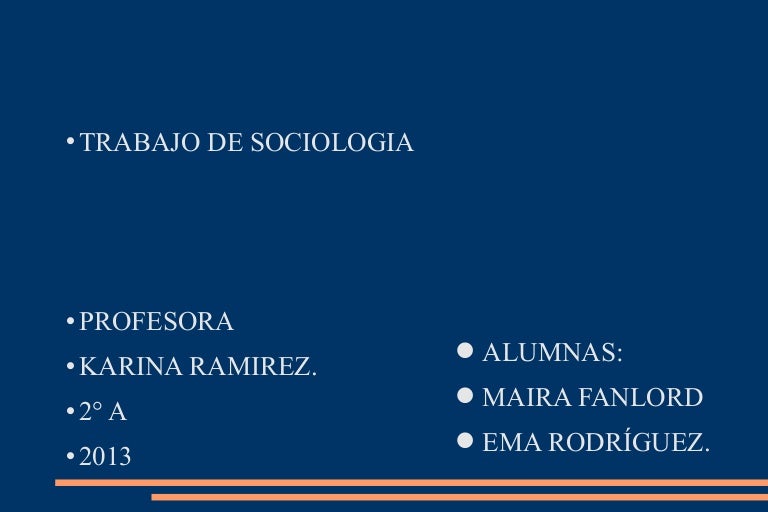

For example, entrance into a tennis club requires that newcomers must communicate competently with the gatekeepers of a club read the social interactions and etiquette and conventions of a club comply with the dress code be equipped with relatively sophisticated technology and have the ability to play at an acceptable level of competence. The recruitment and induction processes into such clubs are operational expressions of and examinations in cultural capital. At the same time, the inner world of the sports culture is tightly monitored and controlled, as in golf or tennis club membership committees, and in other sports institutions in which formal or informal entry requirements are barriers to open participation. From this perspective, then, sports participation is not a matter of personal choice or individual preference it depends upon the financial resources available to the potential participant, the social status of those prominent in that activity, and the cultural meaning of a sport and the individual's relationship to those meanings.įar from being an open sphere of limitless possibilities, sport is a social phenomenon and cultural space that operates in Max Weber's terms as a form of social closure, in which potential entrants are vetted and excluded to suit the incumbent gatekeepers. Sports, therefore, are not self-contained spheres of practice, and it is class habitus that defines any meaning conferred on sporting activity, and any social value that is associated with the sporting practice (Bourdieu, 1978: 835). Sports in which lower middle class or working-class people participate develop as spectacles created for the people as mass commodities.

Playing lawn tennis or golf, riding or sailing, as Bourdieu argues, bestowed upon the participant what he called gains in distinction (1978: 828). He connects the rationalization of games into modern sport forms with a class-based philosophy of amateurism that expressed the moral ideal and the ethos of the most powerful segments of the bourgeois class. He notes (1978) that sports emerged in exclusive English public schools, where the sons of wealthy, powerful, and aristocratic families appropriated popular games and changed their function to suit their interests. For Pierre Bourdieu, the notion of habitus is central to the analysis of class-based cultures.


A set of dispositions which generate practices and perceptions.


 0 kommentar(er)
0 kommentar(er)
